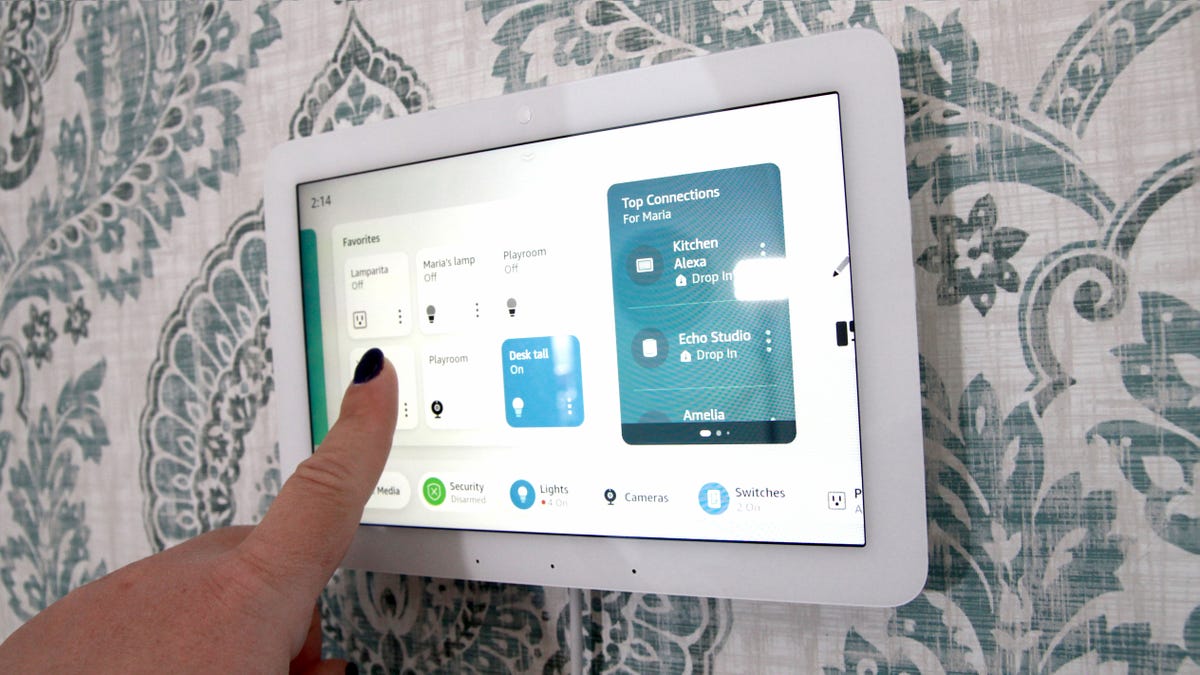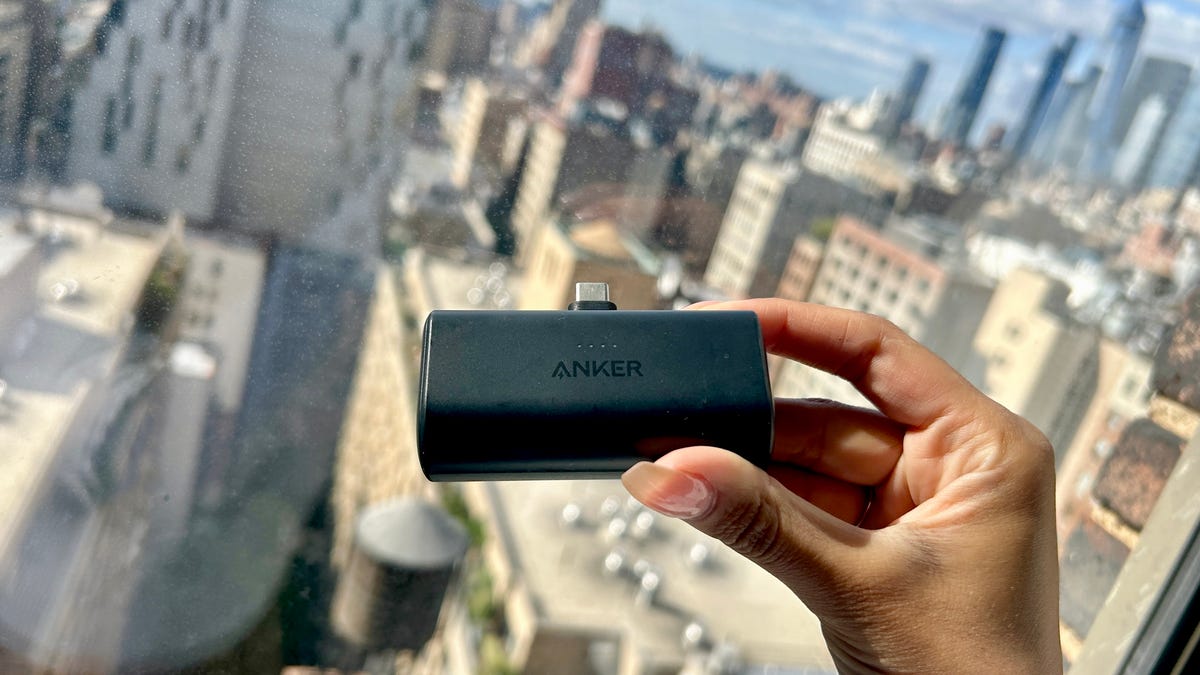BOOK THIS SPACE FOR AD
ARTICLE AD2022 is expected to witness a rapid maturing rate of the global crypto sector, industry experts believe. Several nations are trying to find ways to regulate the crypto space, without actually having to entirely restrict activities linked to it. As the crypto space is seemingly geared up for more expansion, let's take a deeper look into the elements of this sector.
In previous editions, we have covered the top Web 3.0 Cryptos, the top Gaming & Metaverse Cryptos, the top 5 Public Blockchains, and the top Decentralised Finance (DeFi) cryptos.
Today, let's talk about the top Medium-of-Exchange cryptos for 2022.
What are Medium-of-Exchange Cryptos?
Medium-of-Exchange Cryptos are those that can be used to buy and sell objects (physical or virtual) or which can quickly be converted to "cash". These cryptos usually have a higher Volume/Market Capitalisation Ratio (VMR) as compared to other cryptos.
According to me, the most important Medium-of-Exchange Cryptos for 2022 are:
Bitcoin (BTC) Bitcoin Cash (BCH) Dash (DASH) Litecoin (LTC) Monero (XMR) ZCash (ZEC)Note: Fiat-pegged stablecoins, e.g. Tether (USDT), are also used as a medium-of-exchange but have been excluded from this list.
The table below shows the primary metrics of these cryptos:
| Bitcoin (BTC) | $37,000 | $705 billion |
| Bitcoin Cash (BCH) | $294 | $5.6 billion |
| Dash (DASH) | $94 | $994 million |
| Litecoin (LTC) | $108 | $7.5 billion |
| Monero (XMR) | $144 | $2.6 billion |
| ZCash (ZEC) | $90 | $1.2 billion |
Source: CoinMarketCap.com (rounded off)
Top Medium-of-Exchange Cryptos for 2022
![]()
1. Bitcoin (BTC)
Bitcoin was invented to be a purely peer-to-peer version of electronic cash that would allow online payments to be sent directly from one party to another without going through a financial institution.
The first Bitcoin real-world transaction took place on May 22, 2010 and involved 10,000 bitcoins being exchanged for a $25 (roughly Rs. 1,875) pizza. On September 7, 2021, El Salvador became the world's first country to recognise Bitcoin as a legal tender. Today, Bitcoin is accepted by millions of businesses across the world.
Bitcoin transactions are considered pseudo-anonymous since the Bitcoin blockchain is transparent — anyone who knows your address can view details of all the transactions you have ever made. The lightning network, which is a second layer for Bitcoin, increases the privacy of Bitcoin transactions.
![]()
2. Bitcoin Cash (BCH)
In July 2017, Bitcoin (BTC) miners representing more than 80 percent of the Bitcoin computing power voted to incorporate the SegWit2x (segregated witness) technology to improve Bitcoin.
Many miners and developers, who did not want SegWit2x to be introduced, initiated a hard fork and created a new currency — Bitcoin Cash (BCH).
BCH has its own blockchain and processes transactions faster and cheaper than BTC.
![]()
3. Dash (DASH)
Dash (digital cash) is one of the earliest cryptocurrencies (born in 2014) and is a fork of Litecoin (LTC). It was created to be an "improved version of Bitcoin" by providing stronger privacy and faster transactions.
Some of the unique features of Dash are:
Masternodes: These improve the availability & efficiency of the network. They also handle governance, secure storage of user data, and instant & private transactions. InstantSend: Which enables instant payments. ChainLocks: Which make the blockchain instantly immutable. PrivateSend: Which enables additional optional privacy for transactions.![]()
4. Litecoin (LTC)
Litecoin (LTC), also called Bitcoin's younger brother, is a popular medium of exchange as it enables fast, secure, and low-cost payments. It is accepted by thousands of merchants worldwide.
Litecoin is a fork of the Bitcoin Core source code and is also referred to as "Bitcoin lite".
![]()
5. Monero (XMR)
Monero (XMR) enables private and anonymous transactions and is one of the most widely used darknet currencies in the world. It obscures senders and recipients. It is rumored that one of the co-inventors of XMR was Bitcoin inventor Satoshi Nakamoto.
Unlike Bitcoin, XMR is completely fungible. By default, Monero obscures details about senders, recipients, and the amount being transferred. Stealth addresses are created for every single transaction and are only used once.
![]()
6. ZCash (ZEC)
Zcash is a "privacy coin" and by default, its transactions do not reveal the sending & receiving addresses or the amount being sent. Optionally, this data can be revealed for auditing or regulatory compliance.
Zcash uses the zk-SNARK zero-knowledge proof technology. This enables allows nodes to verify transactions without revealing any sensitive information about the transactions.
Rohas Nagpal is the author of the Future Money Playbook and Chief Blockchain Architect at the Wrapped Asset Project. He is also an amateur boxer and a retired hacker. You can follow him on LinkedIn.
Interested in cryptocurrency? We discuss all things crypto with WazirX CEO Nischal Shetty and WeekendInvesting founder Alok Jain on Orbital, the Gadgets 360 podcast. Orbital is available on Apple Podcasts, Google Podcasts, Spotify, Amazon Music and wherever you get your podcasts.
Cryptocurrency is an unregulated digital currency, not a legal tender and subject to market risks. The information provided in the article is not intended to be and does not constitute financial advice, trading advice or any other advice or recommendation of any sort offered or endorsed by NDTV. NDTV shall not be responsible for any loss arising from any investment based on any perceived recommendation, forecast or any other information contained in the article.
Affiliate links may be automatically generated - see our ethics statement for details.
.png)
 2 years ago
116
2 years ago
116 














 Bengali (Bangladesh) ·
Bengali (Bangladesh) ·  English (United States) ·
English (United States) ·